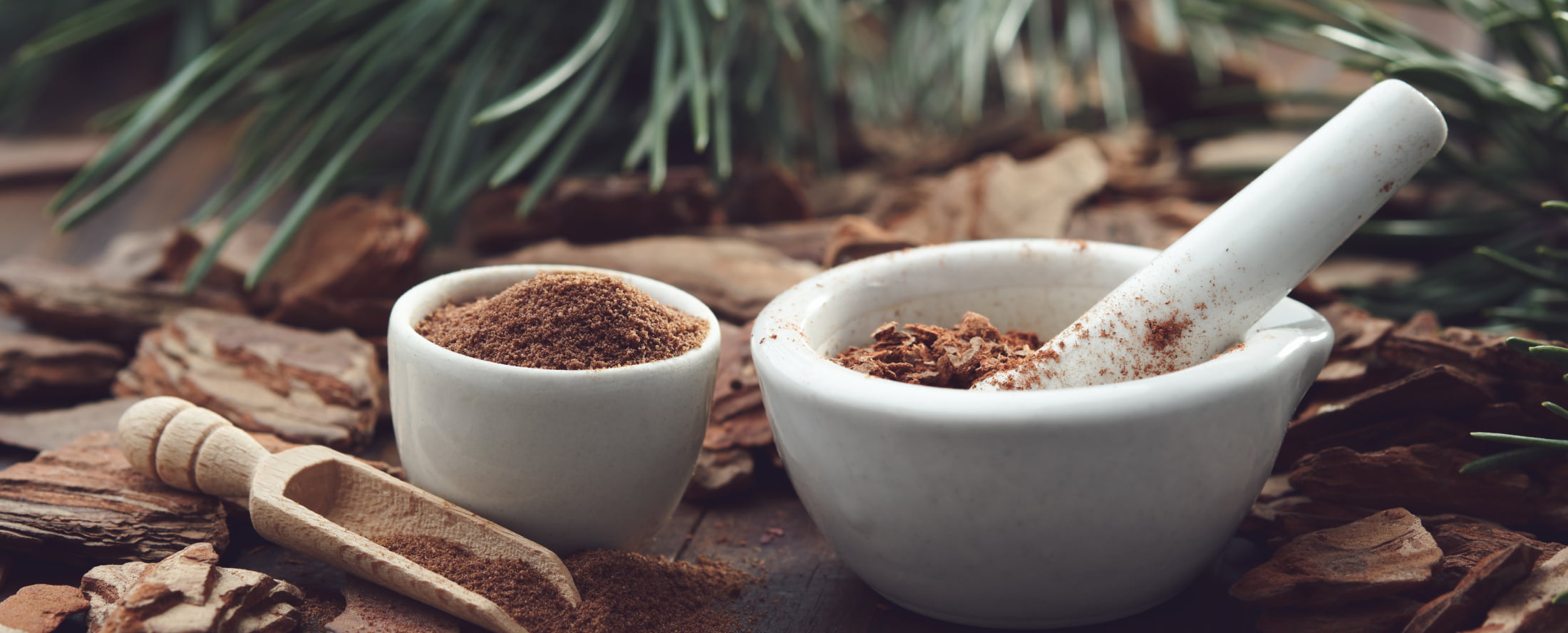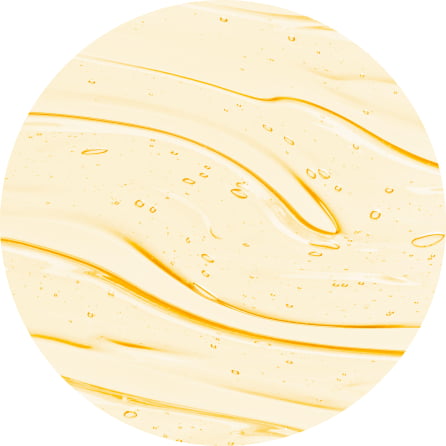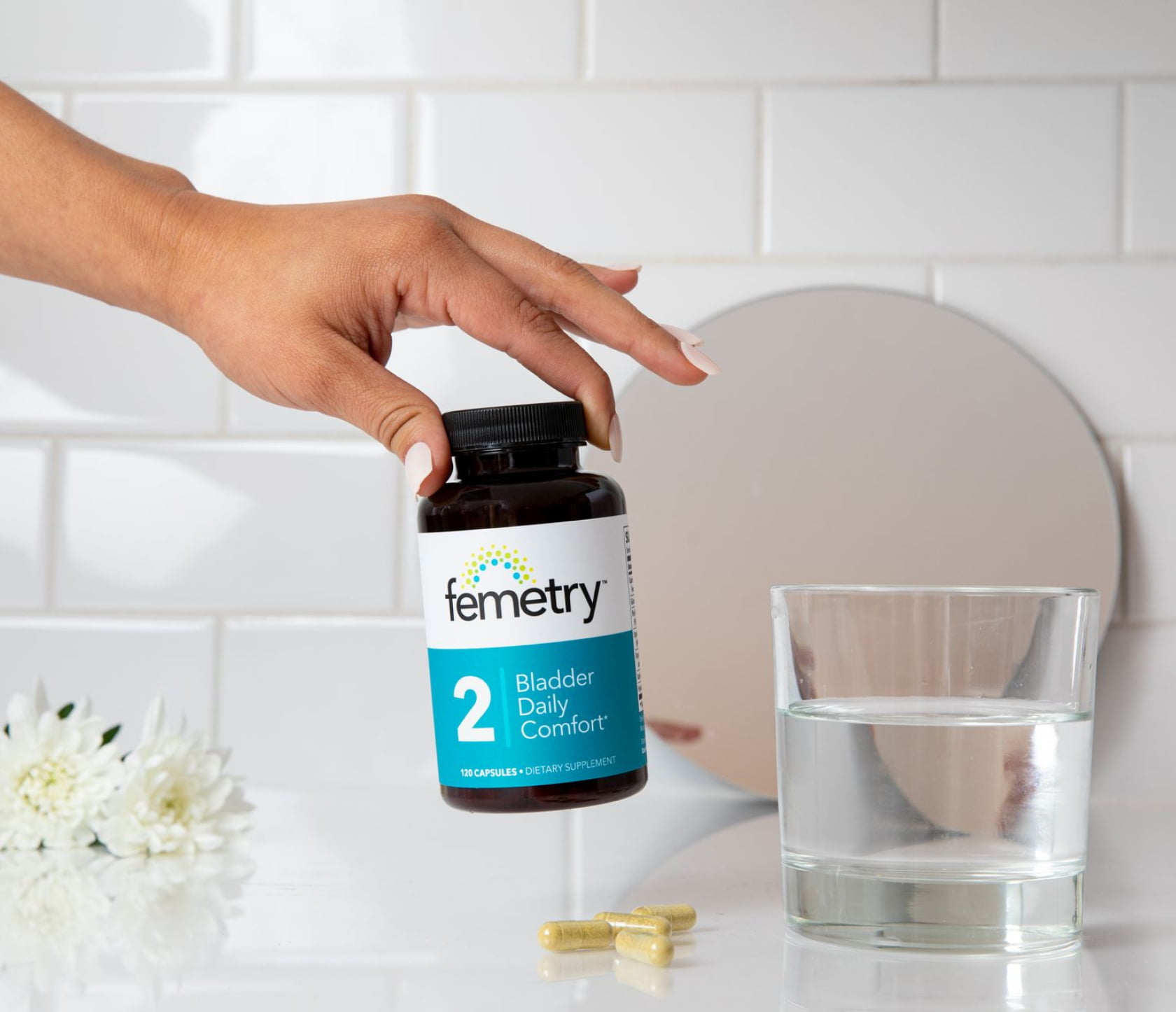Free shipping on all orders over $50 | Subscribe & save 15%
Free shipping on all orders over $50 | Subscribe & save 15%

Pine bark for Interstitial Cystitis (IC) has gained increasing fascination as a natural remedy to manage symptoms. IC often manifests as persistent discomfort or pain in the bladder and pelvic area. It’s a challenging condition with an array of symptoms, including chronic discomfort, frequent urination, pressure in or around the bladder, and a persistent urge to urinate.
The exact cause remains unknown, making treatment complex and often centered on symptom management. Management typically requires a comprehensive strategy. This means partnering up with your doctor to create a plan that includes lifestyle adjustments and dietary changes.
This article delves into the advantages of adding pine bark into that plan and the potential benefits it may offer to those grappling with this condition.
Listen to Femetry’s own Dr. Jennifer Anger discuss the many benefits of pine bark.
Pine bark extract, derived from the French maritime pine tree (Pinus pinaster), has gained attention for its diverse health benefits. Pine bark is rich in antioxidants, polyphenols (like procyanidins), and bioflavonoids.
Due to its unique nature, pine bark extract possesses anti-inflammatory and immune support properties that may help IC symptoms. In a recent small study, researchers discovered that sixty days of consistent use of pine bark had beneficial results for IC patients.
Let’s dive into a few reasons pine bark may be beneficial when you have IC.
Anti-inflammatory properties.
Inflammation of the bladder wall is a major challenge in IC. Pine bark extract contains potent compounds, such as proanthocyanidins, which may help support a healthy inflammatory response. By targeting inflammatory pathways, pine bark extract could potentially reduce the severity of IC symptoms and ease discomfort.
Antioxidant support.
One theory is that IC is caused by oxidative stress, which leads to inflammation in the bladder. As mentioned above, pine bark has an abundant source of antioxidants and polyphenols. These are beneficial for combating oxidative stress. This antioxidant support contributes to the overall well-being of the bladder and surrounding tissues, helping with IC symptoms.
Immune support.
Pine bark could be beneficial to the immune system because of its ability to help regulate the body’s inflammatory response. In a small study, participants took pine bark extract and saw improvement in common cold symptoms, such as runny nose, sneezing, and itchy throat. As it pertains to IC, a balanced immune system helps support the inflamed bladder and lessen the severity of the discomfort.
Improved blood circulation.
Proper blood circulation is vital for maintaining the health of the urinary system. Pine bark extract has been shown to enhance blood flow by promoting the dilation of blood vessels. Improved circulation could ease IC symptoms and contribute to the overall health of the bladder and surrounding tissues.

When ingested, pine bark extract plays a role in the protection of vitamins C and E.

IC can significantly impact the quality of life for those affected. While research on pine bark and IC is still in its early stages, the potential benefits make it a compelling area for further exploration.
Pine bark extract exhibits anti-inflammatory, antioxidant, and immune supporting properties. As a complementary approach to managing IC symptoms, it holds promise.
Incorporating pine bark extract into your routine requires careful consideration and consultation with a healthcare professional. Make sure you’re choosing a high-quality supplement and using an effective amount of pine bark.
For more information about our potent ingredients, visit our Ingredient Glossary.

Clinical doses of powerful ingredients, like aloe vera, hyaluronic acid, quercetin, and ashwagandha. This multipoint formula supports the underlying causes of IC, supports a healthy inflammatory response and bladder lining, and helps to keep stress at bay.
Learn more
We promise we won’t spam you! Just a monthly recap of our favorite wellness tips, updates and more.